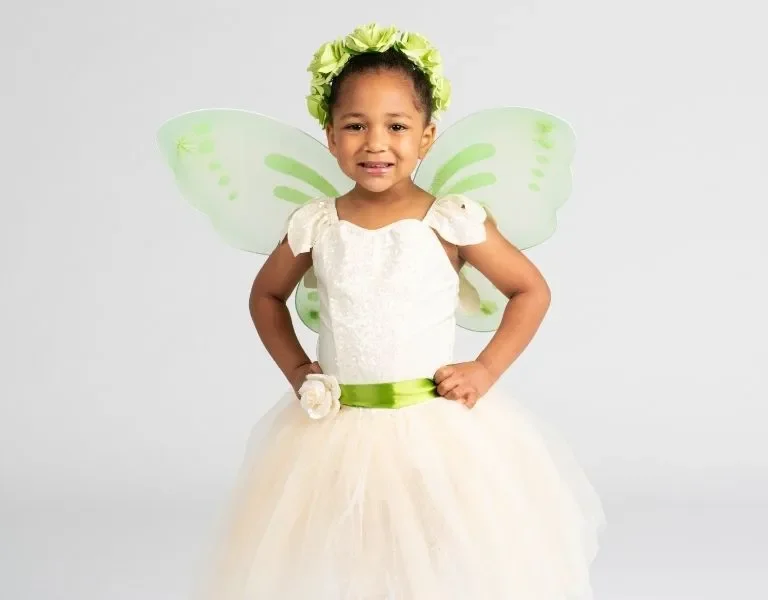At Miami Dance Project, we create preschool dance programs that use rhythm, repetition, and fun to help young dancers grow in ways you never expected.
From coordination to social skills, our kinder dance classes were made to support children as they explore movement, build confidence, and connect with others, all without having to stress about perfecting their steps.
Gaining Trust With Movement
Visiting a dance studio for the first time can be a scary experience for many children, and dancing in front of others is no different.
That’s why in our kinder dance classes, we encourage children to have fun by dancing while subtly helping them focus on learning a routine and developing habits that’ll help them become better dancers.
With warm-ups, games, and simple steps that, with repetition, can evolve into routines that our young dancers wouldn’t have been able to follow at the start. This is how dance builds confidence in kids: by showing them they can achieve anything.
Dancing to Socialize
One of the greatest benefits of kinder dance for preschoolers is also one of the most fun. When you enroll a child in dance classes, you’re not just teaching them how to dance; you’re also giving them the opportunity to make new friends.
In our preschool dance programs, we work together, take turns, and laugh when we all miss the same step. It’s funny, yes, but it also teaches children how to get along, how to work as a team, and how to shine solo.
This kind of low-pressure bonding helps kids who are shy or unsure of themselves build trust and get used to being around other people, and if your kid isn’t shy at all? They can still develop their social skills through dance by learning when to share the spotlight, how to encourage others, and, of course, learn some new fun dance steps.
Developing Creative Expression
Sometimes children lack the ability to express themselves through words, and while some kids like to do it through paint or music, others do it through dance.
Dance is a fun way for children to express their excitement, happiness, and natural silliness and can also be a great outlet for their anger or sadness.
Developing creative expression in preschool children is a crucial aspect of movement classes for toddlers, as it helps them deal with big feelings in small, manageable ways while giving them a sense of control over how they move through the world.
Join the Miami Dance Project!
At Miami Dance Project we know that dance is a great vehicle through which to build confidence, social skills, and creativity, which is why we truly believe our preschool dance programs can make a huge difference for kids.
Come try a class with your kid! We’ll welcome them with open arms, fun songs, and plenty of room to shine.

FAQ 's
What age is best to start movement classes for toddlers?
If your little one loves to move (even if it’s in their own goofy way) and tries to dance to all kinds of music, that’s a great sign they’re ready.
You don’t have to wait until your child hits double digits to start. Our kinder dance classes are built for ages 3-5 and are open for all experience levels.
How do Kinder Dance classes support emotional development?
Movement helps preschoolers express feelings they may not have words for. When a child gets to stomp, spin, or stretch out big emotions, they’re learning emotional awareness and how to move through tricky moments with confidence.
What should my preschooler wear to dance class?
Something comfy! Leotards and ballet slippers are welcome, but not required. We care more about smiles than outfits. Stretchy clothes and non-slip socks work great for most of our preschool dance programs.
What’s the structure of a typical preschool dance class?
Expect plenty of dance activities for preschool confidence, like warm-up songs, themed games, simple steps, and circle time to wrap it up. We repeat parts weekly so kids can slowly build their skills while adding new moves to keep things fresh.
Can dance help with separation anxiety in preschoolers?
Yes, of course. Having a consistent class routine and a warm, welcoming classroom can help preschoolers feel secure even when parents step out.
